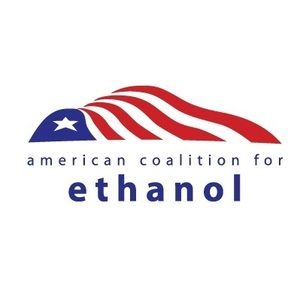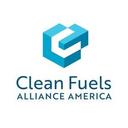ACE to IRS: Consider climate smart ag under clean fuel tax credit

December 5, 2022
BY American Coalition for Ethanol
Advertisement
Advertisement
Related Stories
A group of 36 biofuel, biogas, agriculture, energy and fuel retailer trade groups on Nov. 13 sent a letter to federal lawmakers urging Congress to extend several expiring tax credits during its Lame Duck session.
The Biodiesel Coalition of Missouri is opening a cost-share opportunity for fleets – the Biodiesel Credit Program. This annual program is reserved for fleet operations located in Missouri that are utilizing biodiesel blends of B6 or higher.
Clean Fuels Alliance America and nine national and state associations on Nov. 14 wrote to House and Senate leaders requesting a one-year extension of the §40A Biodiesel and Renewable Diesel Tax Incentive.
Topsoe has signed an agreement with Refinaria de Petróleo Riograndense SA to provide its HydroFlex and H2bridge technologies for SAF and renewable diesel production at Riograndense’s Rio Grande renewable fuels plant in Brazil.
The U.S. Energy Information Administration maintained its 2024 and 2025 forecasts for the production of biodiesel, renewable diesel and other biofuels, including SAF, in its latest Short-Term Energy Outlook, released Nov. 13.





